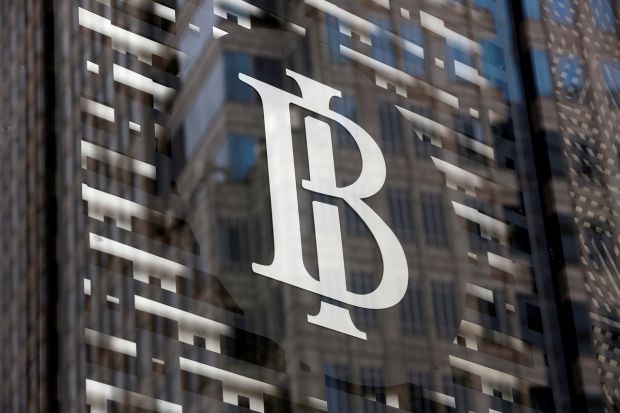Indonesian domestic demand to remain soft in 2020 despite accelerating reforms and stabilising exports: Citi
INDONESIAN domestic demand may remain soft into H1 2020, even as reforms speed up and exports stabilise in 2020, said Citi in its latest report on Indonesia’s economic outlook.
Citi projects Indonesian domestic demand to remain soft in H1 2020, partly thanks to an expected rise in administered prices, which include electricity and cigarette excise.
In terms of cigarette excise, Citi said it expects severe hikes, which will likely push up average cigarette retail prices by about 25 per cent, amounting to an inflation impact of up to 0.5 purchasing power standard (pps).
Citi also said it expects energy price hikes to begin in Jan 2020, driven by the government’s need to limit the potential widening of the 2020 budget deficit.
Administered price adjustments will likely drive up headline consumer price index (CPI) inflation towards 4 per cent, the upper end of Bank Indonesia’s inflation target.
Previously, Citi’s projected retail energy price hikes in H2 2019 did not materialise due to “the unexpectedly elevated political temperature in the months after the elections.”
The soft domestic demand persists despite the expected passing of key reforms in 2020 to enhance the business environment, improved political stability to unleash private capital expenditure, stabilisation of certain commodity exports to prevent further decline in affected rural household incomes seen in 2019.
Citi said the country’s reform outlook is “selectively optimistic”, as the country aims to improve its soft infrastructure through legislative reforms, after a build-up of physical infrastructure from 2015 to 2019, in a bid to attract more foreign direct investment (FDI).
The Indonesian government plans to propose two omnibus bills to the parliament to revise selected clauses in various laws, one to create a friendlier business environment, and the other to reduce corporate income tax rates to 20 per cent by 2023, from the current 25 per cent.
Though still dependent on political will, Citi said it is “not impossible” for at least one of the omnibus bills to pass in the first half of 2020, as the bills could benefit the majority of political elites.
“That said, we cannot rule out the possibility that some clauses, which impact vested interests, will be watered down,” noted the report.
While the passing of these reforms would be “a light at the end of the tunnel for boosting export-oriented FDI,” Citi noted that the broader FDI outlook still relies on successes in lifting non-tariff restrictions that discourage export-oriented FDI, such as import restrictions and local content requirements.
The reforms come at an opportune time after President Jokowi has been re-elected with a bigger support base in the parliament in the 2019 elections.
In a separate report, Citi highlighted that improved political stability will allow the government to restart and re-accelerate reforms, at least for the next one to two years, before the coalition weakens again in preparation for the 2024 general elections.
Although political stability is expected to encourage private expenditure as well, especially in real estate and some non-cyclical manufacturing sectors, like food and beverages, the increased investment may be offset by continued slowdown of public infrastructure investment, according to Citi.
Citi also predicts that exports will stabilise, anchored primarily by a rebound in palm oil exports and a steady growth in selected clothing, despite coal price weakness and continued softness in certain commodity exports like oil and gas.
Citi expects Indonesian policymakers to lean towards countercyclical fiscal policies, as the Finance Ministry will likely allow the 2020 fiscal deficit to widen towards the 2.0 to 2.5 per cent range of GDP, beating the official target of 1.75 per cent of GDP.
Bank Indonesia may continue to tolerate further appreciation in the Indonesian rupiah due to expected, robust investment inflows, according to Citi.
The central bank will also further develop the domestic non-deliverable forwards market to improve secondary market liquidity and stabilise the exchange rate.
However, Citi warned of possible depreciation of the Indonesian rupiah in Q2 2020, when earnings return from foreign subsidiaries to their parent companies back in the home country. Foreign currency demand may grow significantly year-on-year, translating to a lower local currency demand than supply.
Citi added it expects Indonesia to clock a gross domestic product (GDP) growth that is flat to slightly lower than 2019’s expected figure of 5.0 per cent.


 English
English




